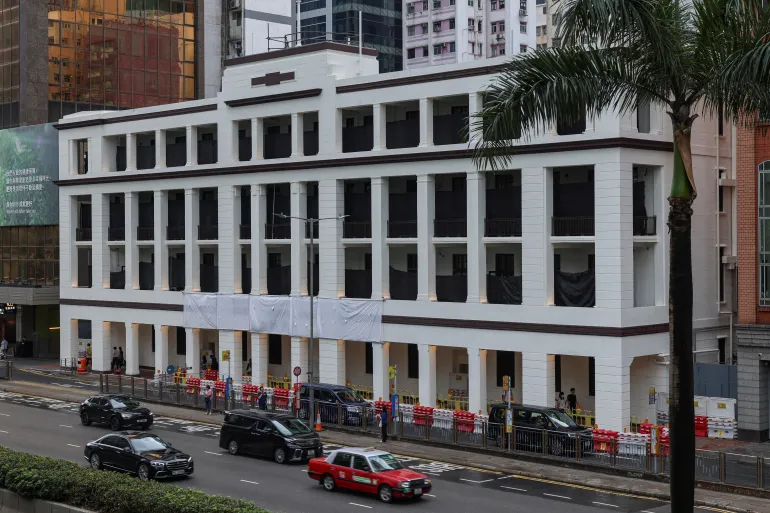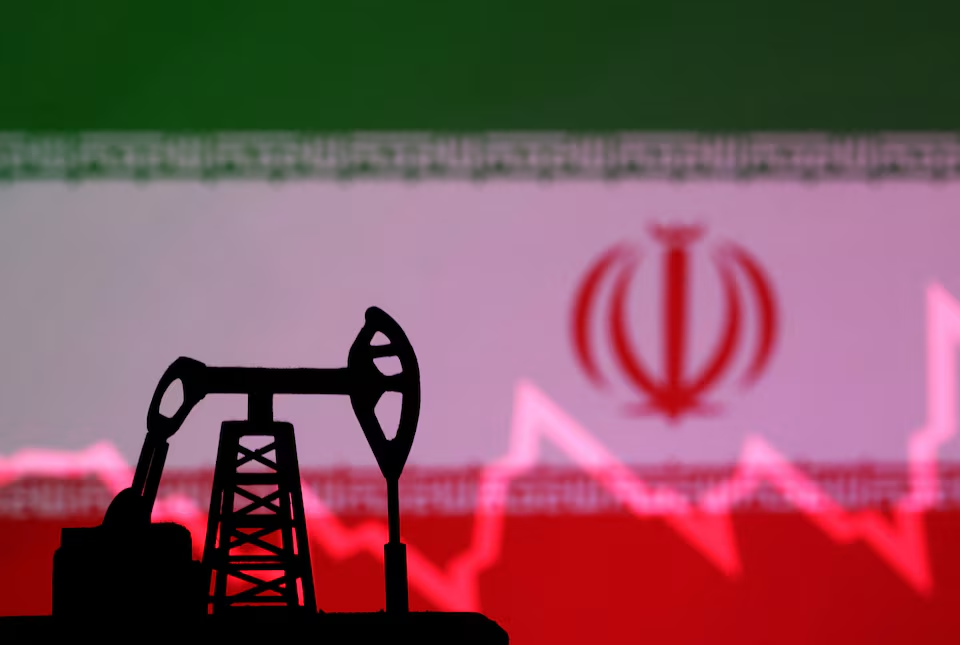China has launched a new international legal body in Hong Kong aimed at providing an alternative to the Western-dominated International Court of Justice (ICJ), as it moves to expand its global influence in legal and diplomatic arenas.
The new institution, named the International Commercial Dispute Resolution Organization (ICDRO), will be based in Hong Kong and is being positioned by Beijing as a more “neutral and inclusive” forum for resolving international commercial and investment disputes. It was formally announced during a forum attended by legal representatives from over 40 countries.
Chinese Vice Foreign Minister Ma Zhaoxu declared that the ICDRO reflects the demand of the Global South for “a fairer international order,” adding that current global mechanisms often reflect Western dominance and values.
The ICDRO will not be a court in the traditional sense, but rather a dispute resolution platform offering arbitration, mediation, and legal consultation services. It aims to function outside the formal structures of the United Nations and its associated courts, including the ICJ in The Hague, which is often criticized by Beijing as biased.
Beijing has been pushing to internationalize its Belt and Road Initiative (BRI) dispute resolution processes and sees Hong Kong as a key legal hub. Hong Kong’s Chief Executive John Lee praised the establishment of the ICDRO as evidence of Hong Kong’s vitality and strategic importance under Chinese rule.
The new organization has sparked concerns among Western legal experts and international observers, who see it as part of China’s broader efforts to create parallel global institutions that challenge existing Western-led norms in governance, economics, and law.
The ICJ, based in The Hague, serves as the principal judicial organ of the United Nations and settles disputes between states in accordance with international law. In contrast, the ICDRO is expected to handle commercial and civil cases with international dimensions but without the binding authority or recognition granted to the ICJ.
Legal analysts say the ICDRO’s success will depend on whether it can attract broad international legitimacy and confidence, especially from countries outside China’s immediate geopolitical sphere. The extent to which the organization can offer genuine neutrality in legal matters remains to be seen.
The launch of this new legal entity comes amid escalating tensions between China and several Western nations over trade, technology, and international norms. It is also part of a wider pattern in which China seeks to offer alternatives to Western-dominated global institutions in finance, media, development, and security.
For Beijing, the ICDRO represents another step in building what it terms a “community of shared future for mankind” — a concept widely interpreted as a call for a new global order less dependent on U.S. and European leadership.
Source; Al Jazeera



